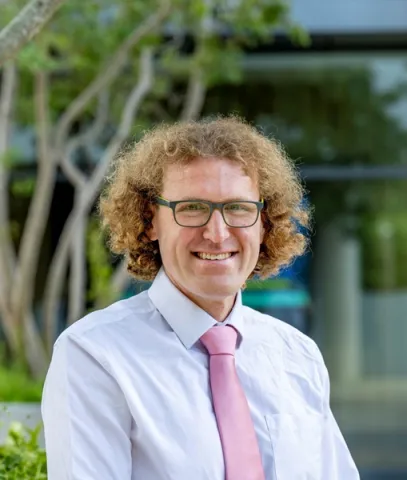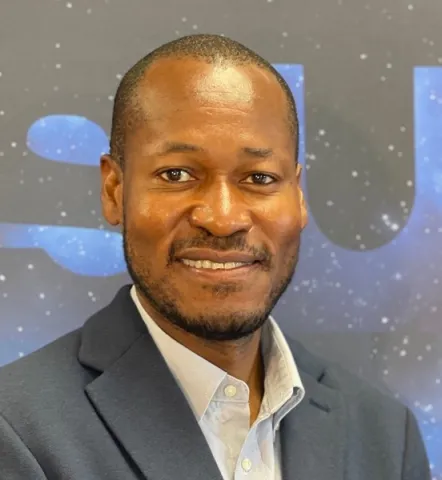About the project
The aim of this project is to develop a responsive high-fidelity atmospheric density model that can be updated with additional observation data from satellite tracking for use in precise orbit prediction.
Satellite mega-constellations and increasing tracking capability on Earth are set to generate vast amounts of precise tracking data. Using big data assimilation methods, you will work on the cutting edge of high precision orbit prediction required for modern traffic and constellation management.
Data-driven density modelling (D3M) will use laser ranging satellite tracking data to greatly improve orbit predictions for space sustainability. It uses machine learning and big data assimilation methods to continuously update the biggest unknown, the atmospheric density model, through a sequential filtering process embedded into model-predictive control for orbit prediction.
This is broken down into two parts:
- identification and training of a suitable representation of the density model
- update of the model using real-time observation data
The close collaboration with our industry partner Lumi Space ensures direct industrial relevance of your research. Through this work, we aim to reduce the number of false collision warnings to enable satellite operators to take real-time action on the remaining messages to safely manage an ever more crowded low Earth orbit environment.
For the modelling you will consider both traditional reduced order and time series models as well as machine learning techniques such as (physics informed) neural networks. Real time updates will be achieved through a sequential filtering process, such as high-order Kalman filters, embedded into the model-predictive control for orbit prediction including the effective ballistic coefficient of the observed satellites. You will validate your results with real-world tracking data provided by Lumi Space.
This PhD is offered in collaboration with industry partner Lumi Space, and includes an extended placement with them. High performance computing and training is available through Southampton's IRIDIS super-computer cluster.

